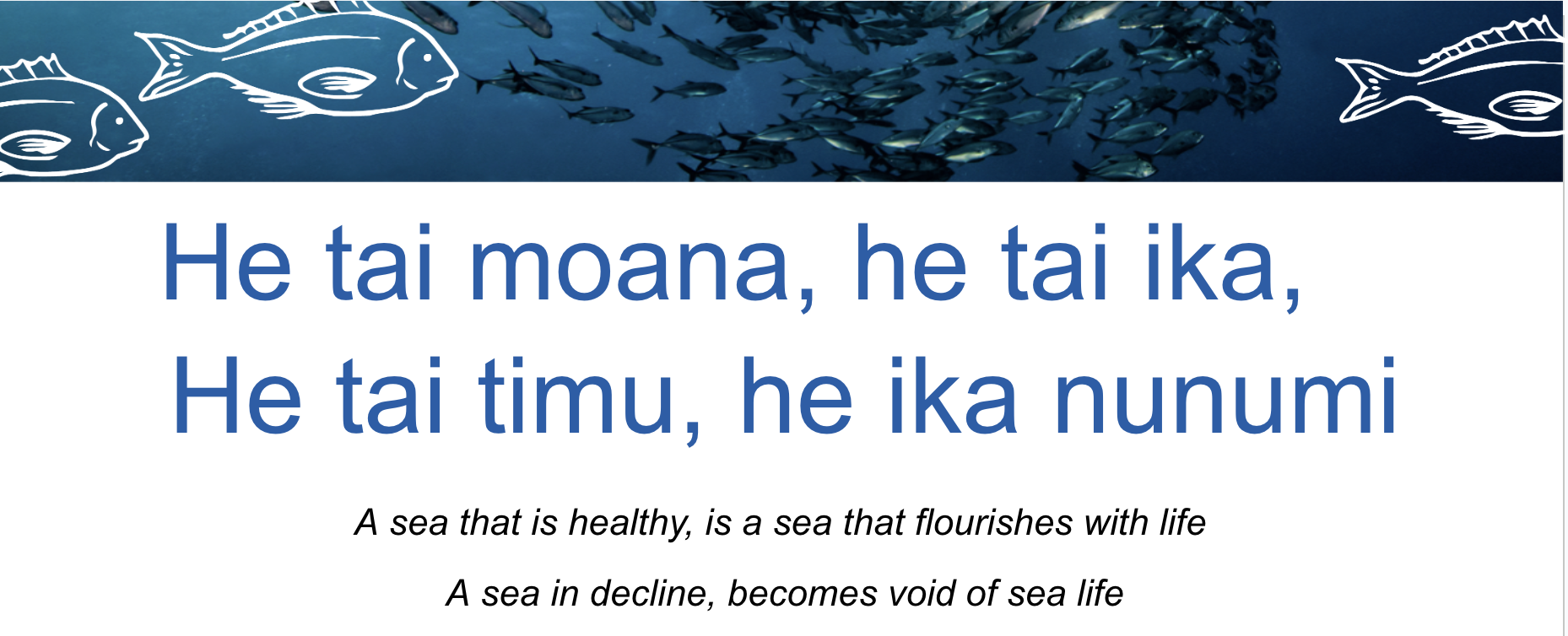11 March - 17 March
Section outline
-
Enter text here...
EXPLORE / TŪHURA learning intentions:
- We are EXPLORING biodiversity by investigating why our oceans are important
- We are EXPLORING the land and ocean by comparing ways in which we interact with the oceans
- We are EXPLORING the oceans and sustainability by researching the impact humans have on the marine reserves.
- We are EXPLORING the oceans and sustainability by identifying different ways we can sustainably use or interact with the oceans
Enter text here...
Enter text here...
LESSON 1: IMPORTANCE OF SEA TO US
FOCUS QUESTION: Why is the sea important for me? How am I connected with the sea?
• DISCUSS whakapapa & connectedness to sea according to te ao Māori
• SHARE recent connections with the sea & kai moana
• EXPLORE importance of the sea to us [slide 10]. Extend learning using true false cards
• READ National Geographic Resource Library: ‘Ocean’ and complete Kahoot QUIZ
• CATEGORISE different sea creatures and types of kai moana using Ocean Connection Cards & complete VENN DIAGRAM activity
• TEST & GROW knowledge of te reo Māori & English marine life names using the Sea Creature / Kararehe o te wai Cards and Kahoot
• RECORD & GRAPH favourite kai moana
• READ Whaitere – the enchanted stingray or Whaitere – te whai ātahu story & explore idea of kaitiakitanga.
Whaitere
Take a Kahoot QUIZ
LESSON 2: OVERFISHING
FOCUS QUESTION: What is overfishing? What impact does overfishing have?
• DISCUSS impacts of overfishing
• Use Overfishing cards (warm up picture & idea cards) to COMPARE a sustainably vs overfished ocean
• BRAINSTORM what we already know about overfishing
• WATCH a short film made by Alice Guerin ‘Glad to Sea You’re on Board’.
• CONSIDER reasons why fish and marine life have declined
Add new knowledge to Overfishing Prior Knowledge Chart.
• DEFINE key terms, explore definitions and how overfishing affects population sizes.
• WRITE definitions of key terms (fishery, sustainable fishing, overfishing…)
• CREATE a diagram showing how overfishing affects the size of a fish population
